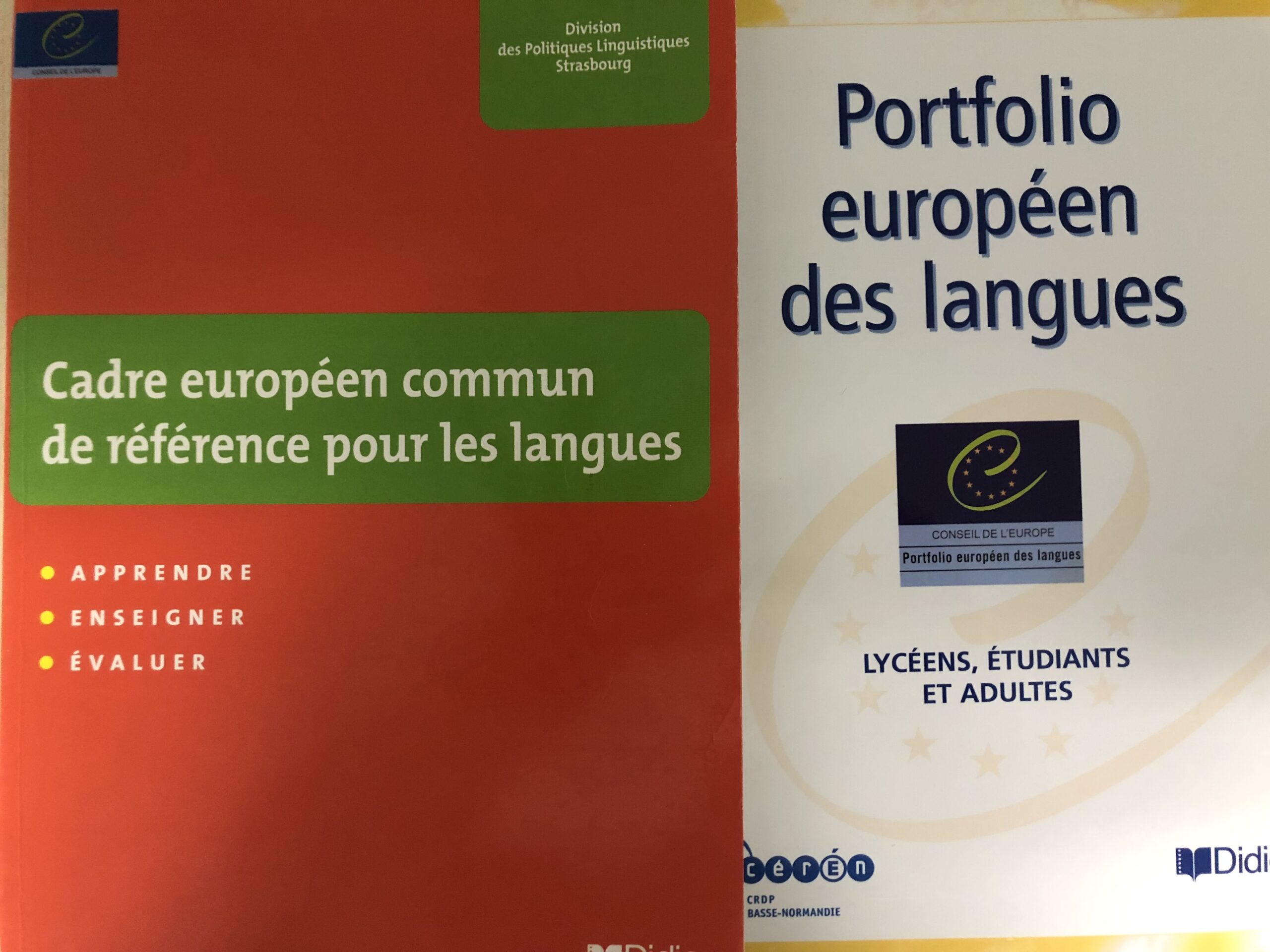

This research group focuses on the impact of educational and learning environments on the psychological dimensions of language learners, as well as on the theory and practice of language education that fosters awareness of linguistic and cultural diversity.
Our research group explores a wide range of topics related to language education and learning, addressing both theoretical and practical dimensions. Our main areas of interest are as follows:
(1) Analysis of the impact of educational and learning environments on learners’ psychological factors
We investigate how various factors—ranging from micro-level elements such as classroom content, activities, and the use of ICT and AI, to macro-level aspects such as curricula and syllabi—affect learners’ motivation, emotions, and autonomy. Our research draws on insights from educational psychology to analyze these dynamics.
(2) Language education that fosters awareness of linguistic and cultural diversity
Grounded in the concept of plurilingualism and pluriculturalism as promoted by the Council of Europe, we explore how these principles can be contextualized within foreign language education in Japan. In addition to theoretical inquiry, we also engage with classroom practices—such as reflection activities using language portfolios—to examine how such approaches can raise learners’ awareness and foster attitudinal change.
We welcome individuals who are motivated to explore the significance of language education and learning from a broad perspective—beyond the mere acquisition of knowledge and skills. While my primary research area is French language education, students with interests in other target languages are equally encouraged to apply.
The Reciprocal Interaction Between Motivation and Emotions in Japanese University Students’ Learning of French
Effects of Tandem Language Learning on the Development of Learner Autonomy in Japanese EFL Learners